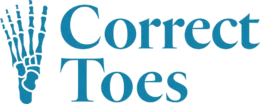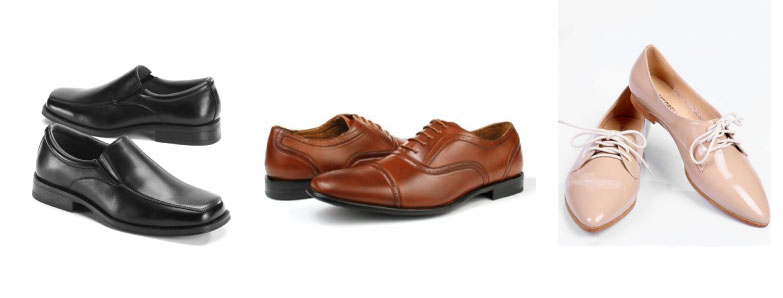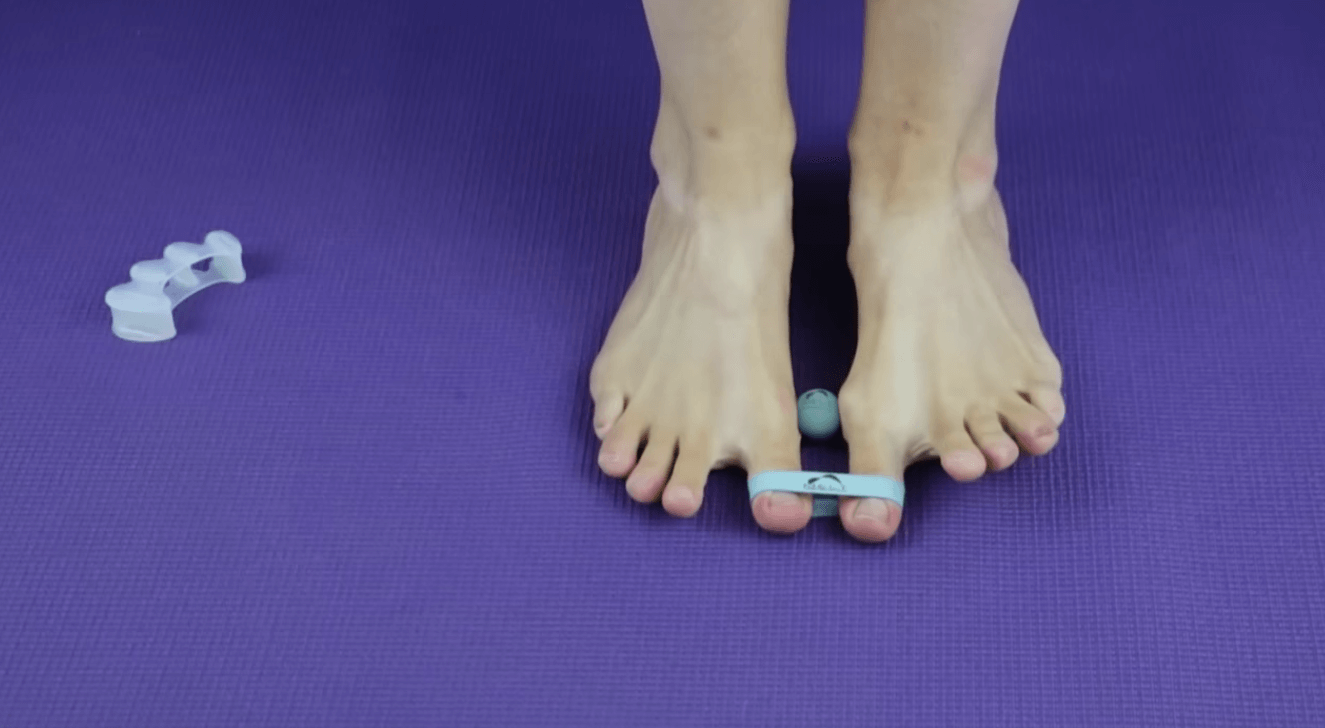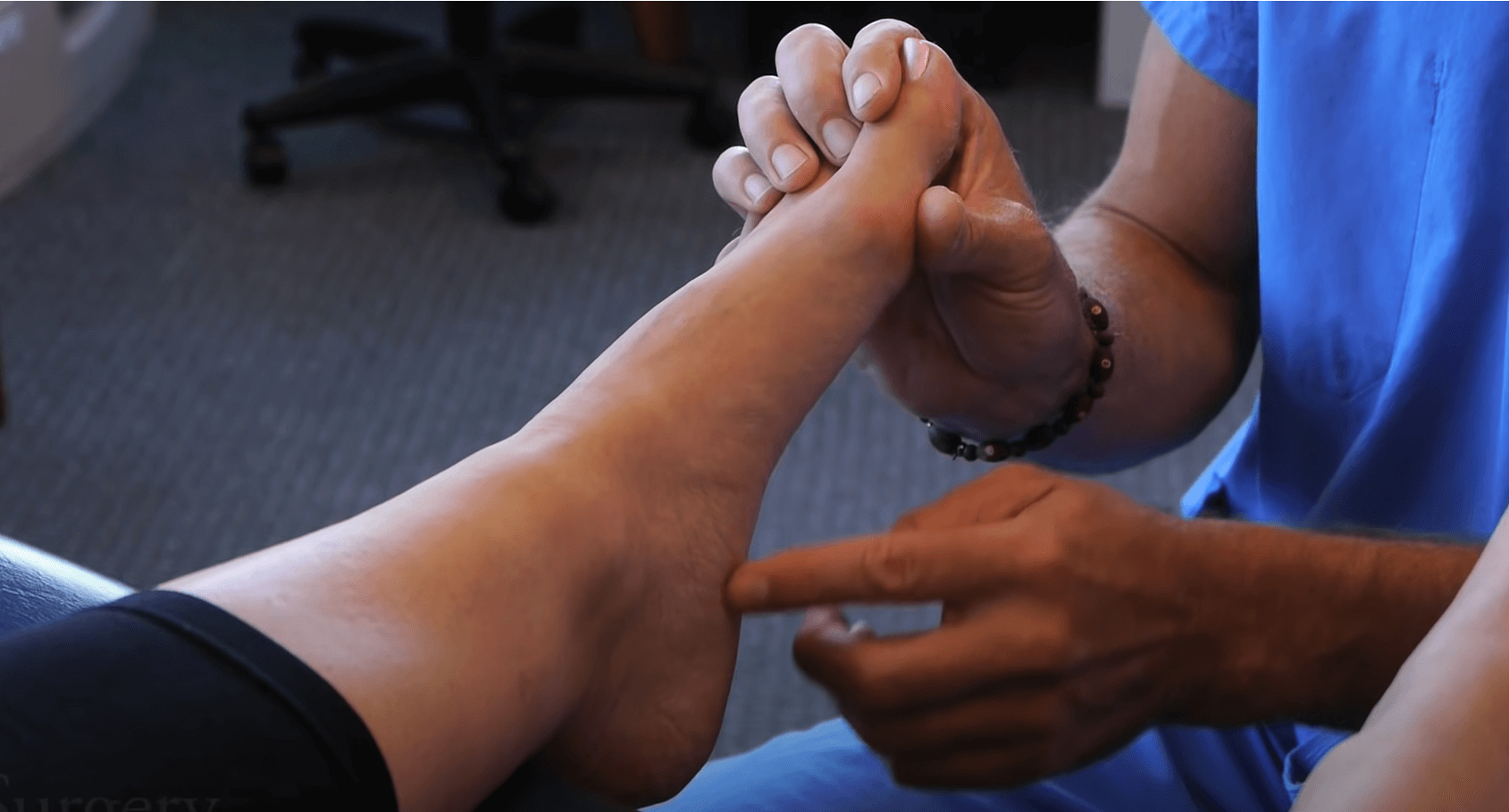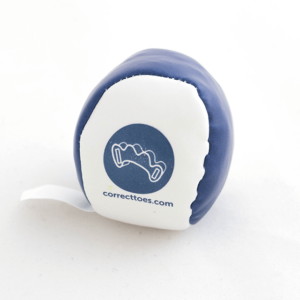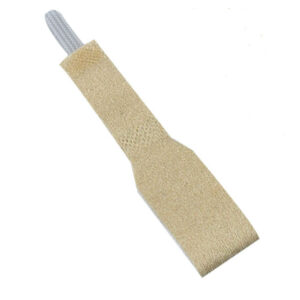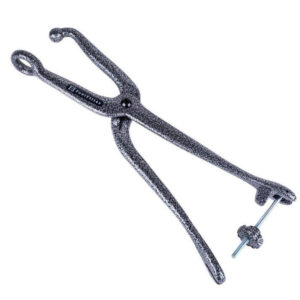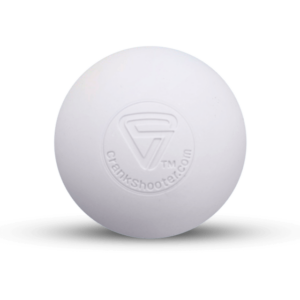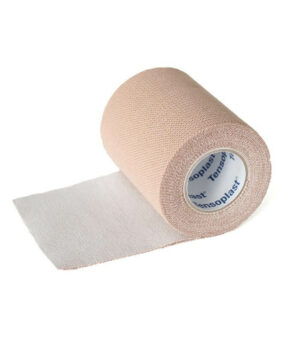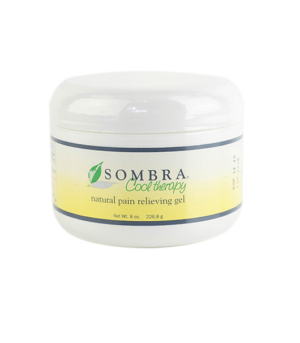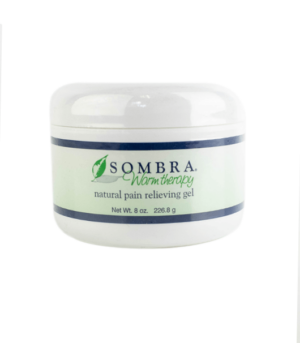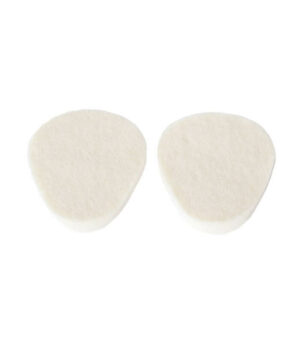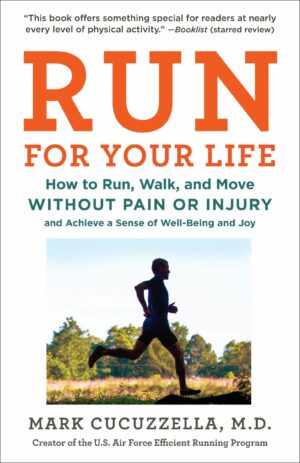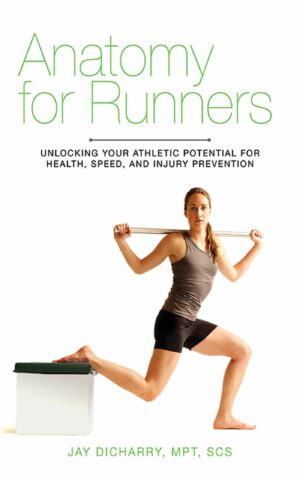Have you ever noticed the foot of a child? Particularly a child who has just been born? The child will have a forefoot that is wider than the rest of the foot. Meaning, the tips of the toes are wider than the ball of the foot and there are natural spaces in between the toes. Unfortunately, we fail to recognize the importance of these natural findings and begin to cripple the foot of the child by placing the child’s feet into shoes that push the toes into an unnatural alignment. It is practically impossible to find a pair of shoes or boots that are manufactured wider at the end of the toes than at the ball of the foot. On the contrary, almost all shoes and boots, including athletic models, squeeze the toes into a triangular shape that compromises their natural grasping and balancing functions. We accept this because we have been doing it since people began to wear shoes, but we also accept it because most people do not fully understand the importance of the function of the toes, including many doctors entrusted in the care of them.
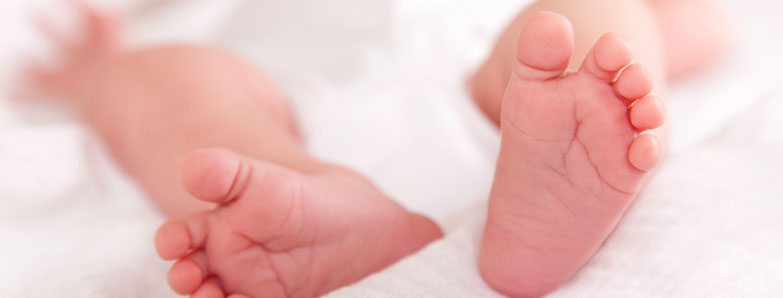
The toes are critical for our sense of balance, which is very important when we go onto our toes just before we toe off in the part of walking and running that we call propulsion. When our toes are not properly spaced and grasping the ground, our legs and upper bodies are forced to make compensations for the instability of our toes and our gait is less balanced and less efficient. Most shoe wearing people begin to lose the function of their toes early in life because almost all shoes push the toes together and hold them above the ground surface. We make compensations for our faulty walking, but the cost of these compensations is foot deformity, leg and back pain and abnormal gait. Thus, it makes sense to find shoes that allow an individual to spread their toes and have the ends of their toes next to the ground. Unfortunately, there are few such shoes available, and furthermore most shoes have an elevated heel which further compounds the imbalance within the toes of the foot. A good example of a shoe that would be healthy is a shoe that is shaped like a Birkenstock sandal.
So, how do we go about the task of finding shoes that give our toes the room they need? I do not have much hope that shoe and boot manufacturers are going to make any radical changes, since fashion and cosmetics have been the traditional motivators in their market.
Consequently, the best recommendation is to find a shoe store that specializes in wide shoes and removable insoles. To see if the toebox will have adequate room for your toes, it is recommended that you find shoes with removable insoles and stand on them with the socks that you intend to wear, preferably with your toes spread. If no part of your foot expands beyond the insole, especially your toes, that shoe may work for your feet. Unfortunately even amongst wide brands you will find that most toeboxes are more tapered, narrow and pointed than the average foot. So why do we tolerate it? We tolerate it because we are not educated about the potential problems associated with this bad positioning of our toes and the front of our feet. And we tolerate it because that is the way most shoes are built.
Some of the potential problems are:
Bunions
Hammertoes
Corns
Calluses
Ingrown Toenails
Tailor’s Bunion
Heel Pain
Metatarsalgia
Athletes Foot Infection
Tendon Imbalances
Morton’s Neuroma
Bursitis
Fungal Toenail Disease
Black Toenails
Blisters
These problems occur very rarely in cultures where shoes are not worn, but they are exceedingly common in our shoe wearing culture.
It is interesting to note that the above foot problems include most of the common foot problems that are treated by medical professionals, yet treatment most often does not include education as to how to prevent these problems once they have been identified. Worse still, reconstructive surgery is often recommended for some of these conditions, without mention of need to modify the types and shapes of shoes that are worn.
